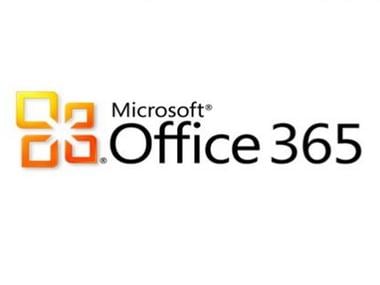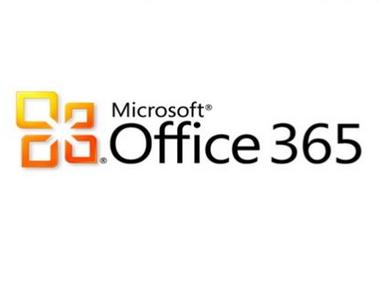Microsoft Office 365 has overtaken Google Apps as the top vendor of cloud email and productivity software, according to a new study by Bitglass. [caption id=“attachment_2402286” align=“alignleft” width=“380”]
 Source: Microsoft[/caption] Overall, nearly half (48 percent) of enterprises are using cloud-based productivity and email suites, the report said. The report also revealed that overall adoption of cloud-based email in organisations with more than 1,000 employees rose drastically “Cloud adoption is at an all-time high and Microsoft is winning over Google. The surprise is that large corporations, even in heavily regulated industries, are gaining confidence in using cloud apps,” said Nat Kausik, CEO of Bitglass. “The increased focus on security, including the emergence of third-party security services from cloud access security brokers , are filling critical gaps, paving the way for broader adoption of cloud apps in the enterprise.”
Source: Microsoft[/caption] Overall, nearly half (48 percent) of enterprises are using cloud-based productivity and email suites, the report said. The report also revealed that overall adoption of cloud-based email in organisations with more than 1,000 employees rose drastically “Cloud adoption is at an all-time high and Microsoft is winning over Google. The surprise is that large corporations, even in heavily regulated industries, are gaining confidence in using cloud apps,” said Nat Kausik, CEO of Bitglass. “The increased focus on security, including the emergence of third-party security services from cloud access security brokers , are filling critical gaps, paving the way for broader adoption of cloud apps in the enterprise.”
Office 365 crushes Google Apps in the enterprise; now owns 25.2% market share
FP Staff
• August 28, 2015, 14:43:13 IST
Microsoft Office 365 adoption grew more than 300 percent to 25.2 percent of enterprises compared to just 7.7 percent last year.
Advertisement
)
End of Article